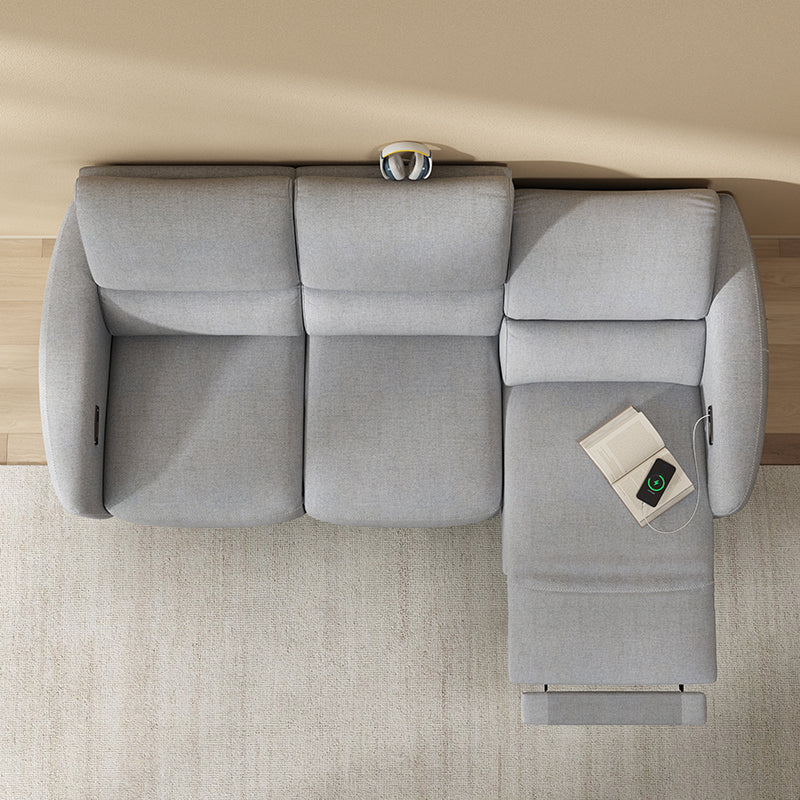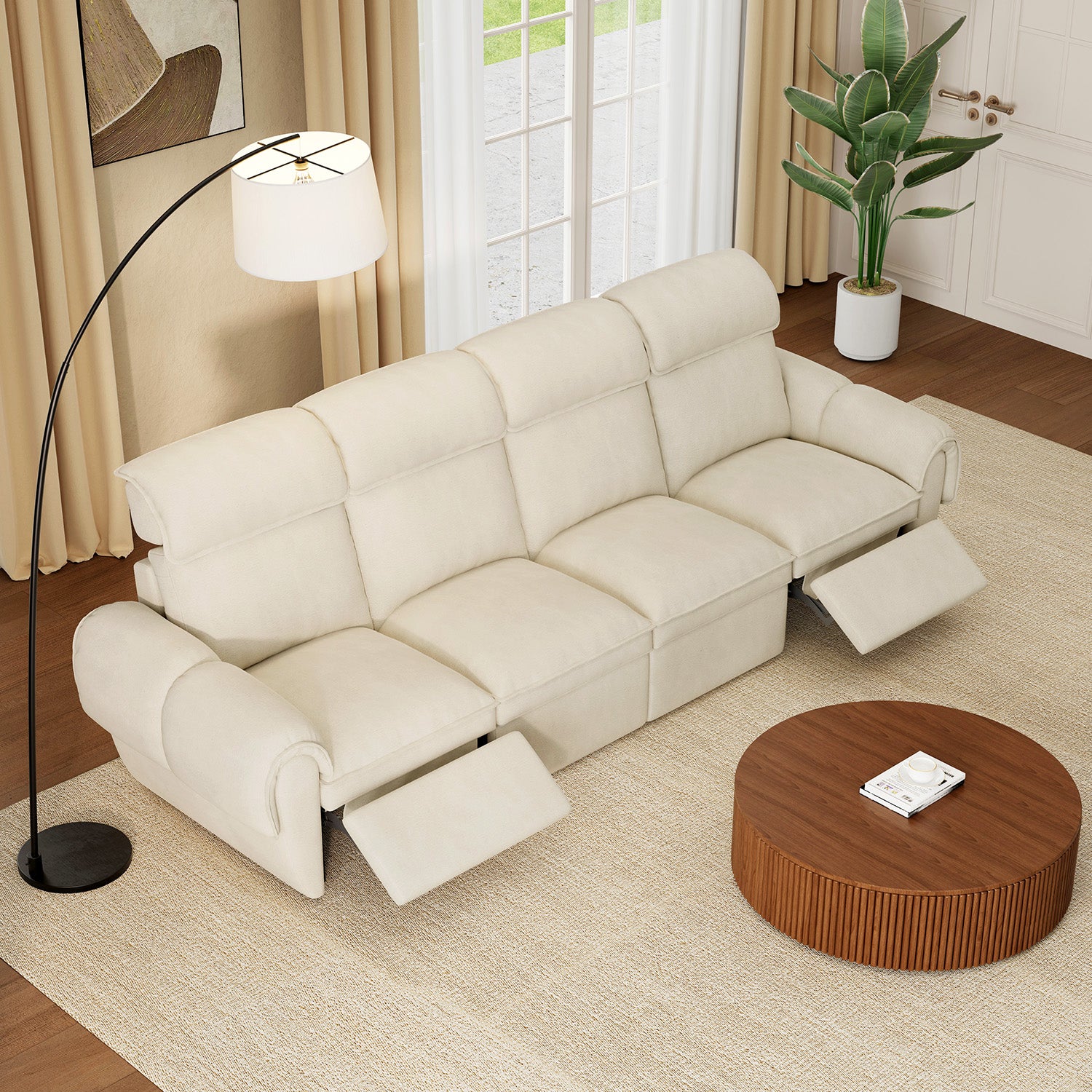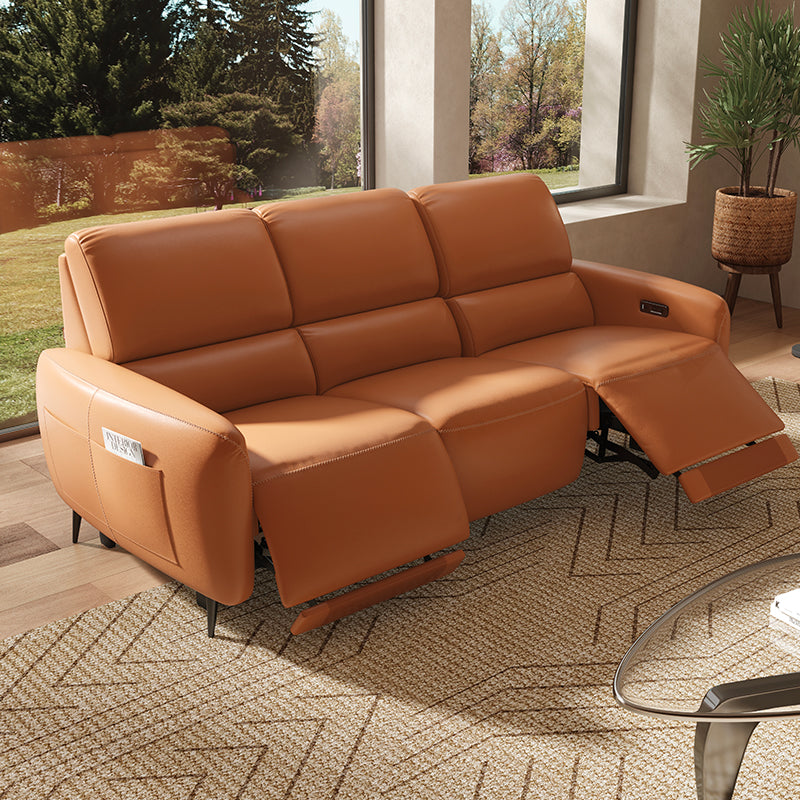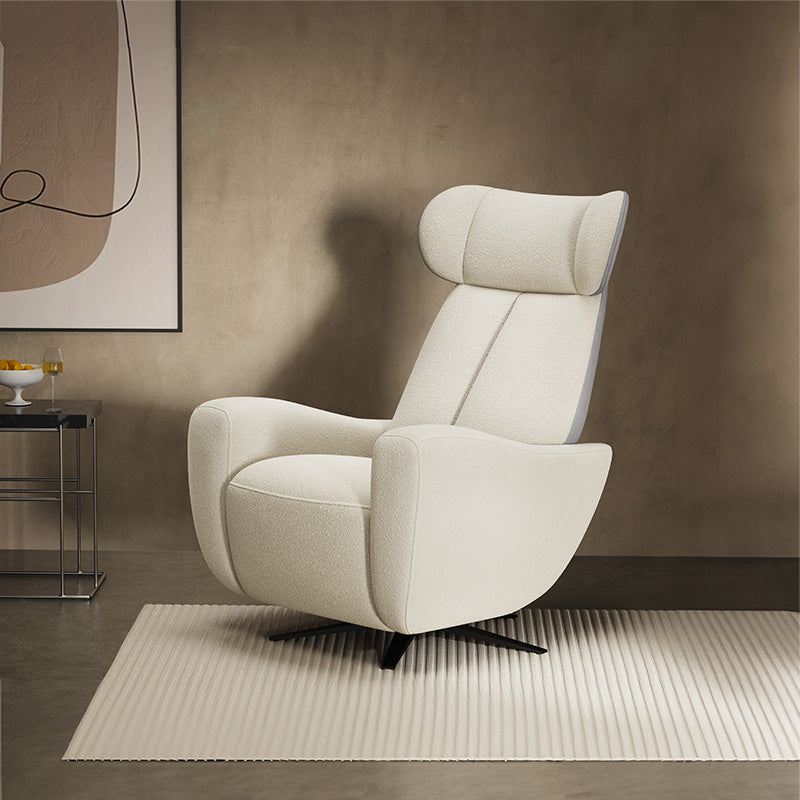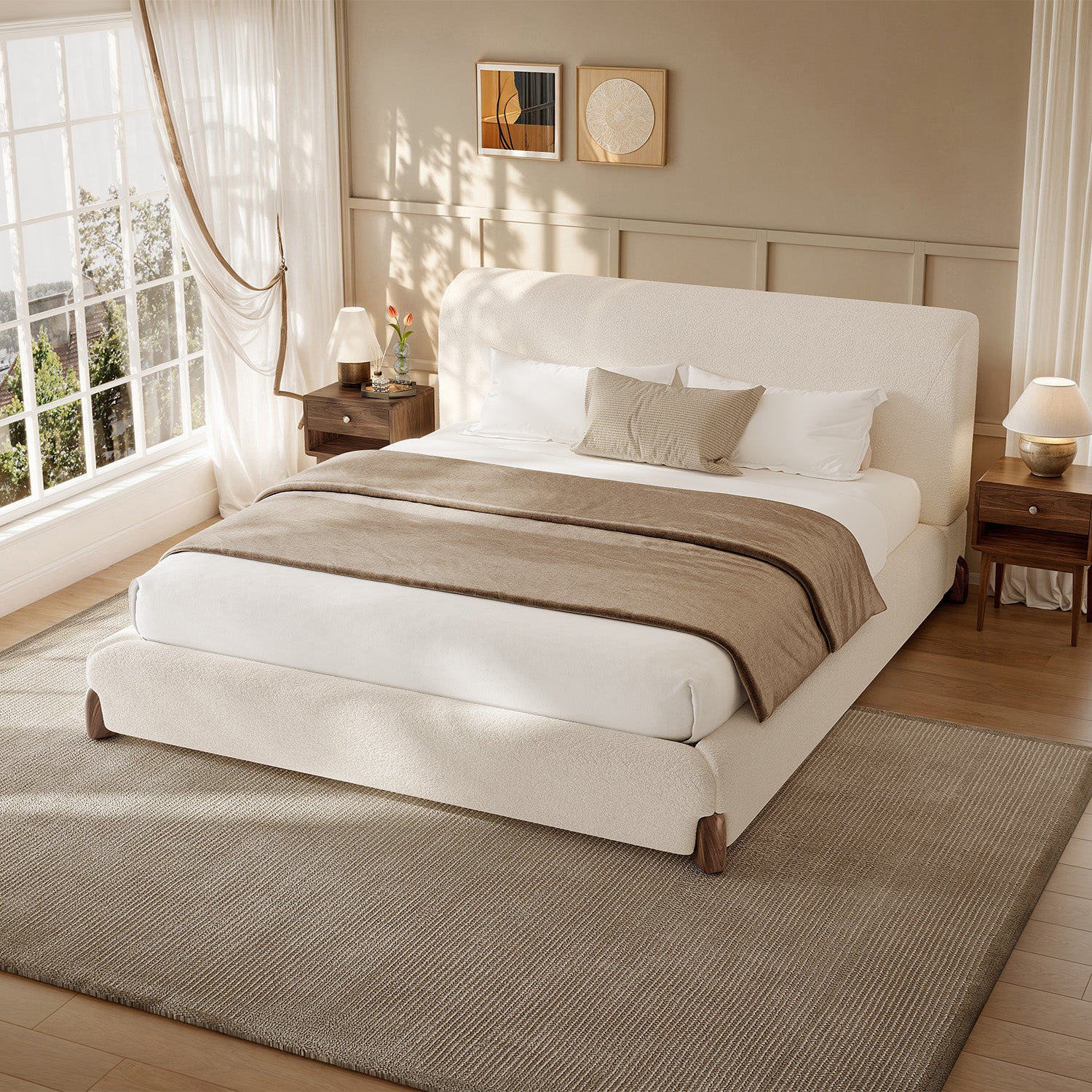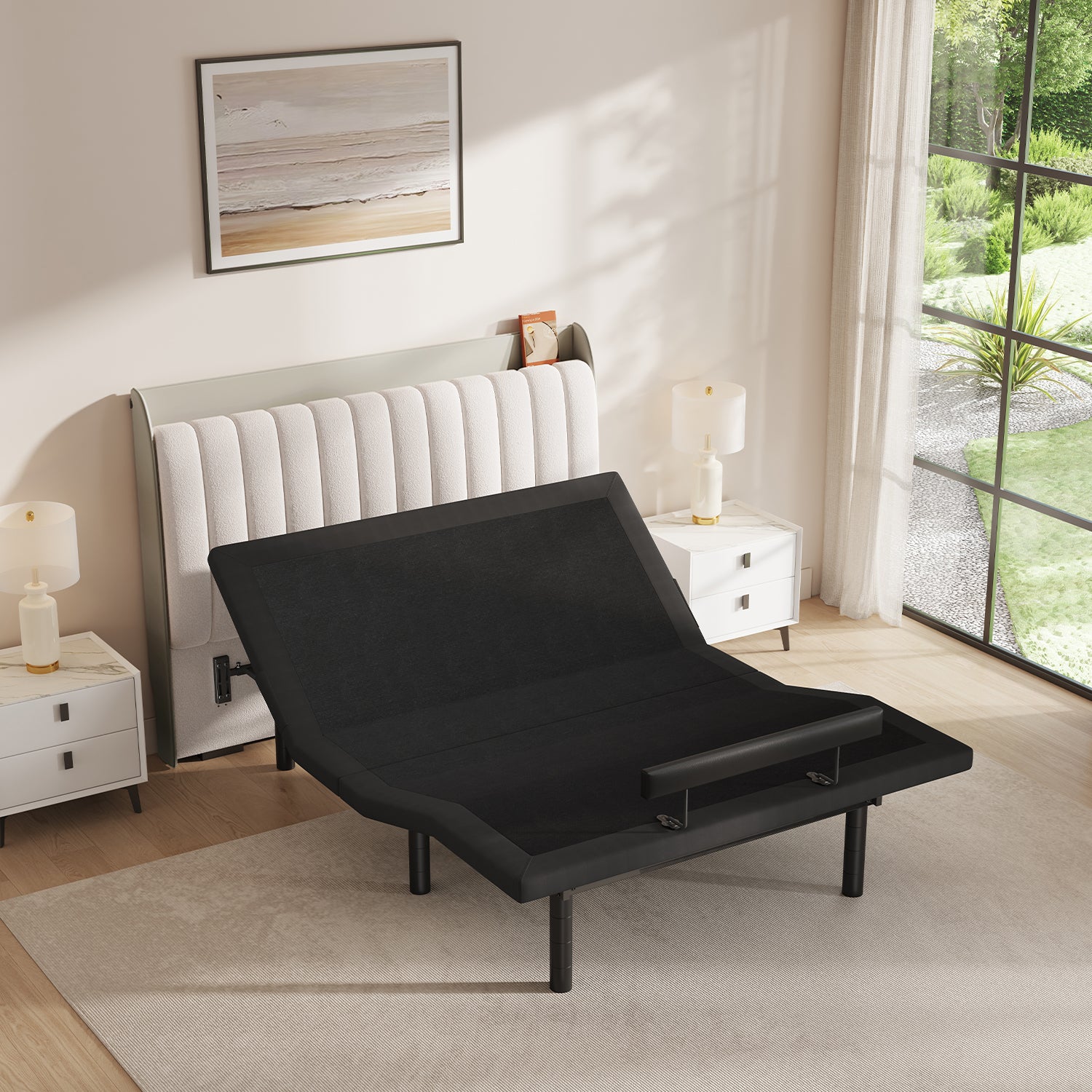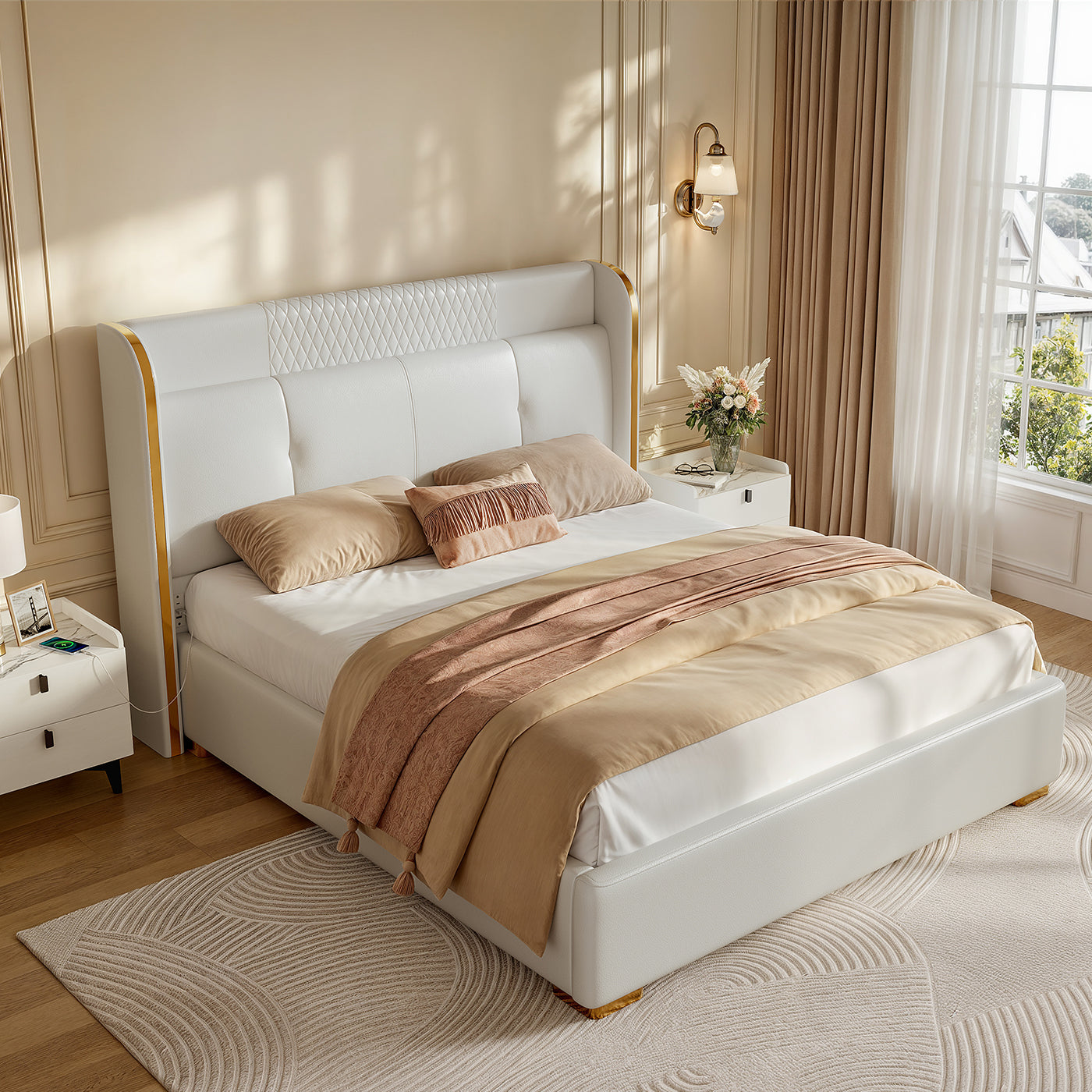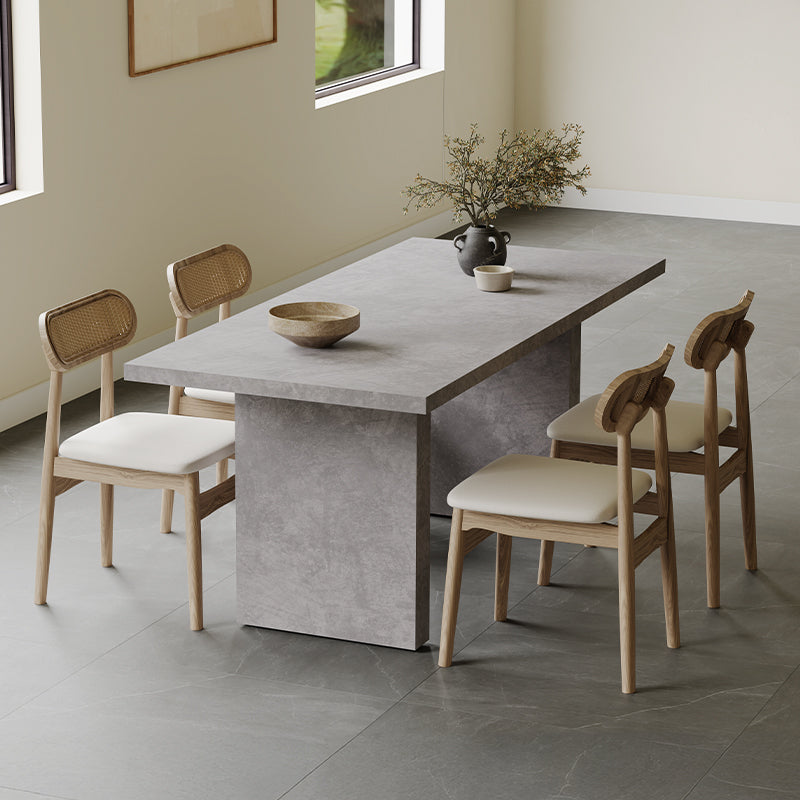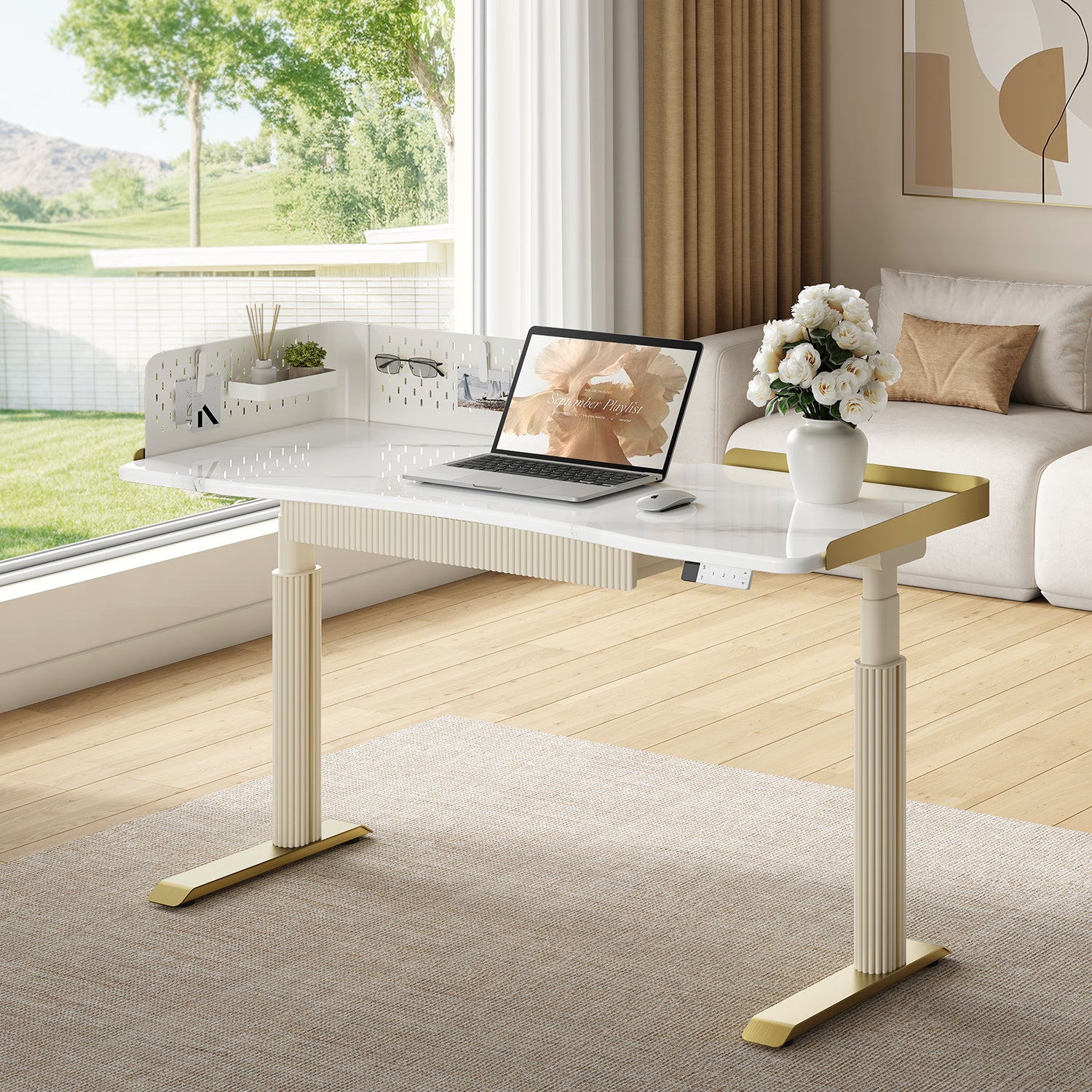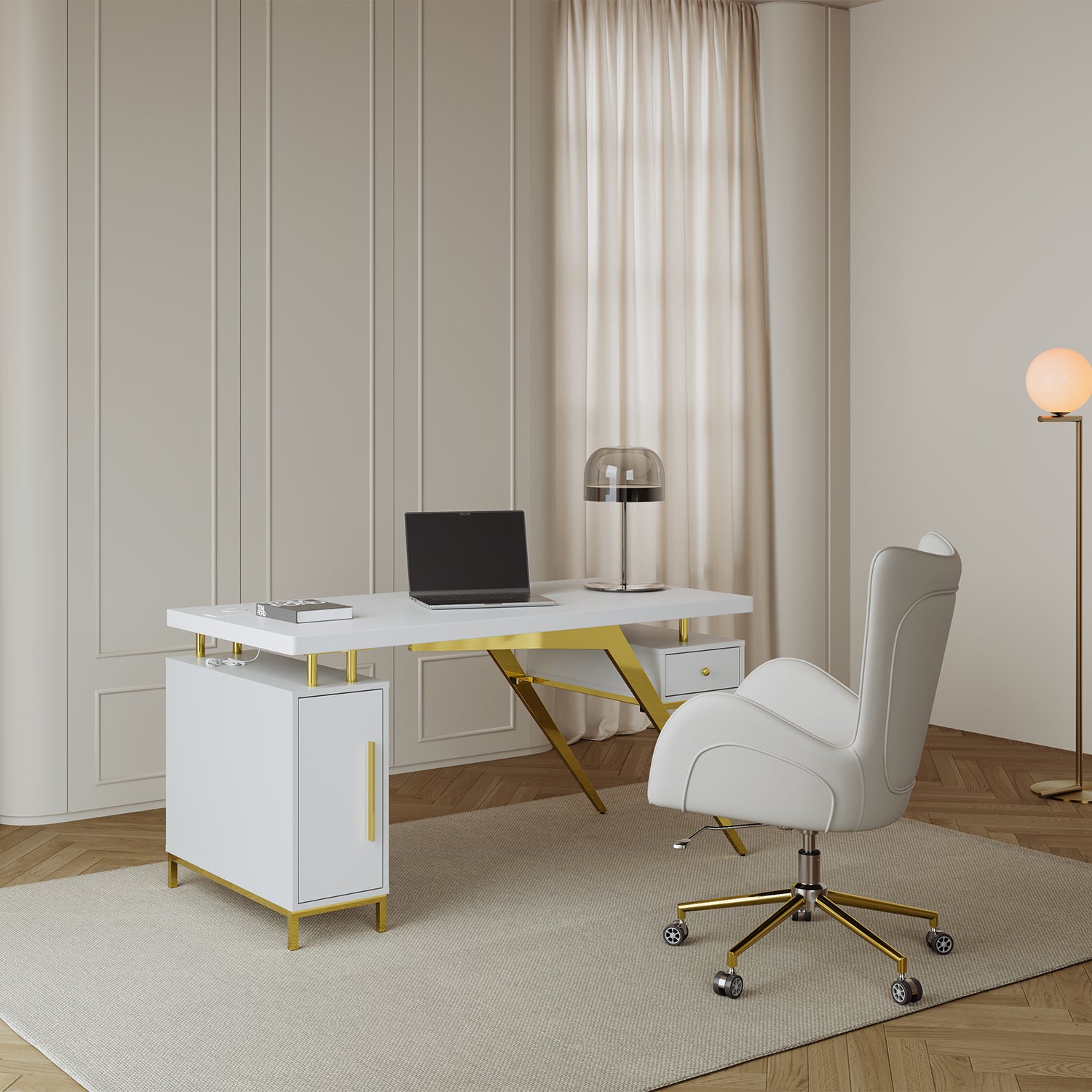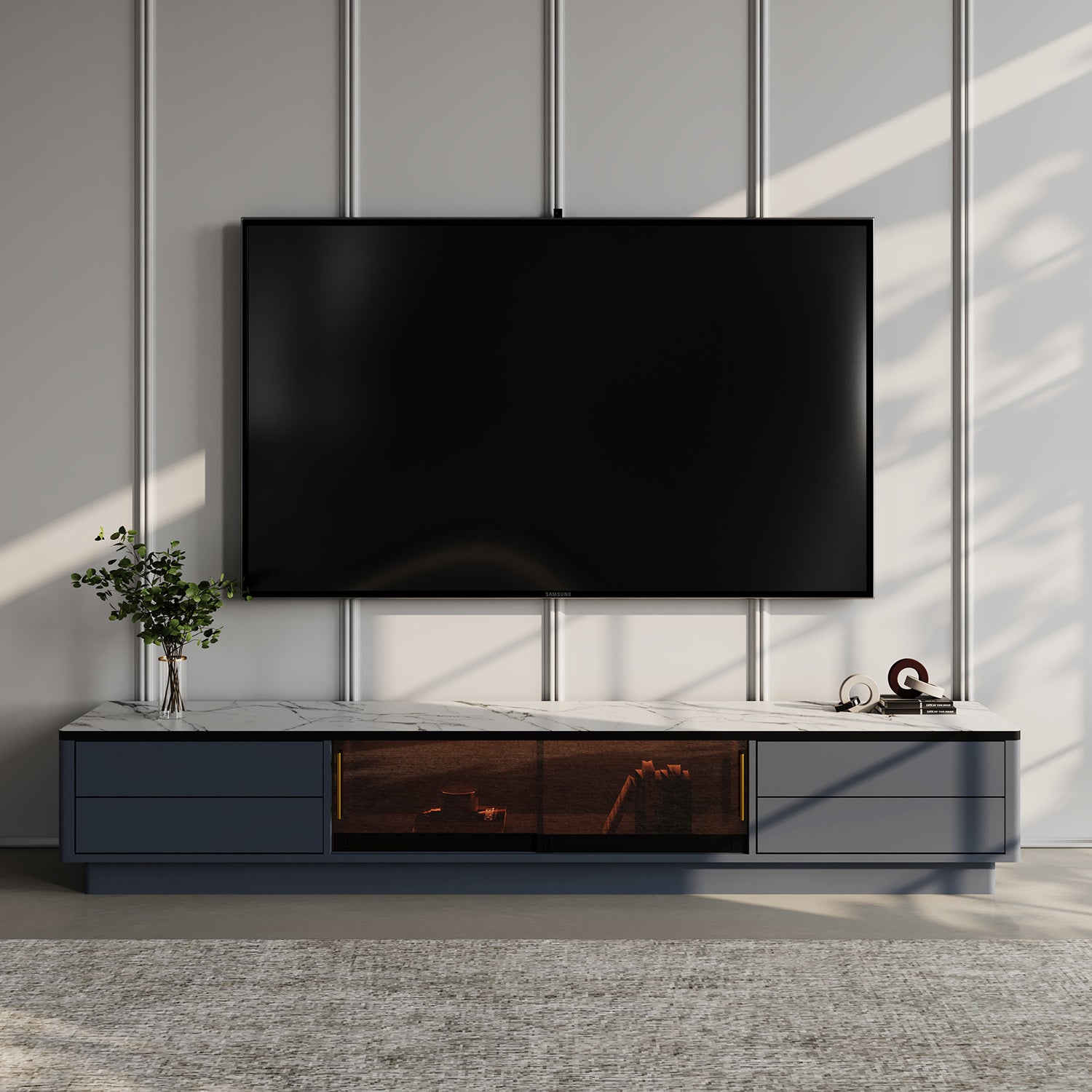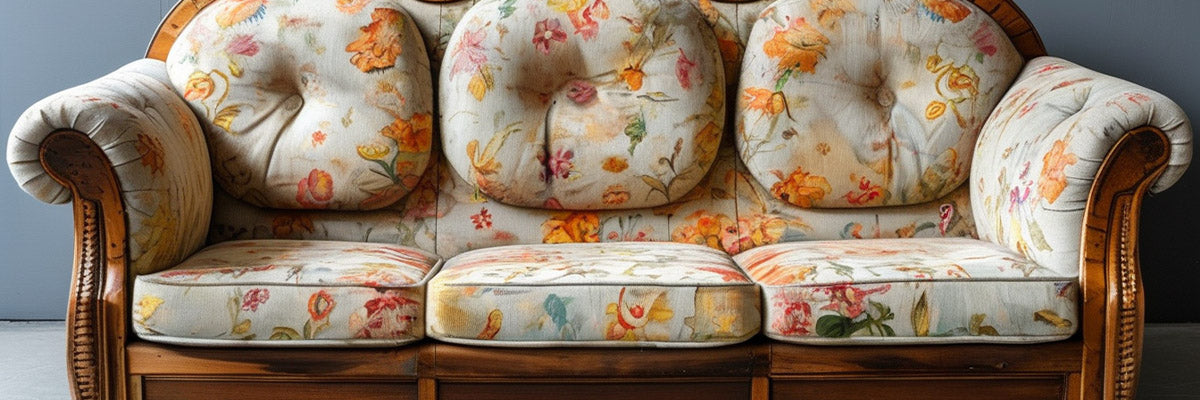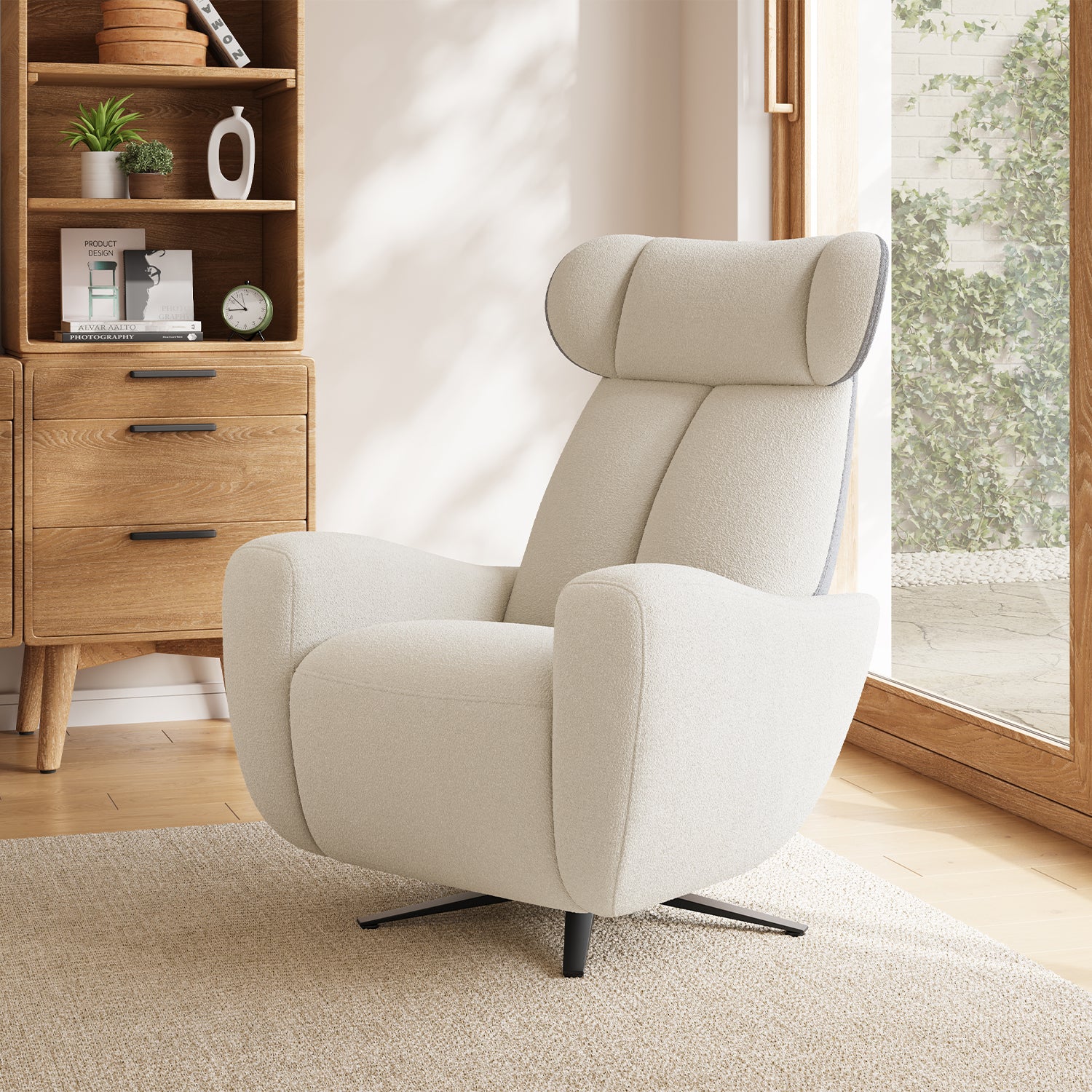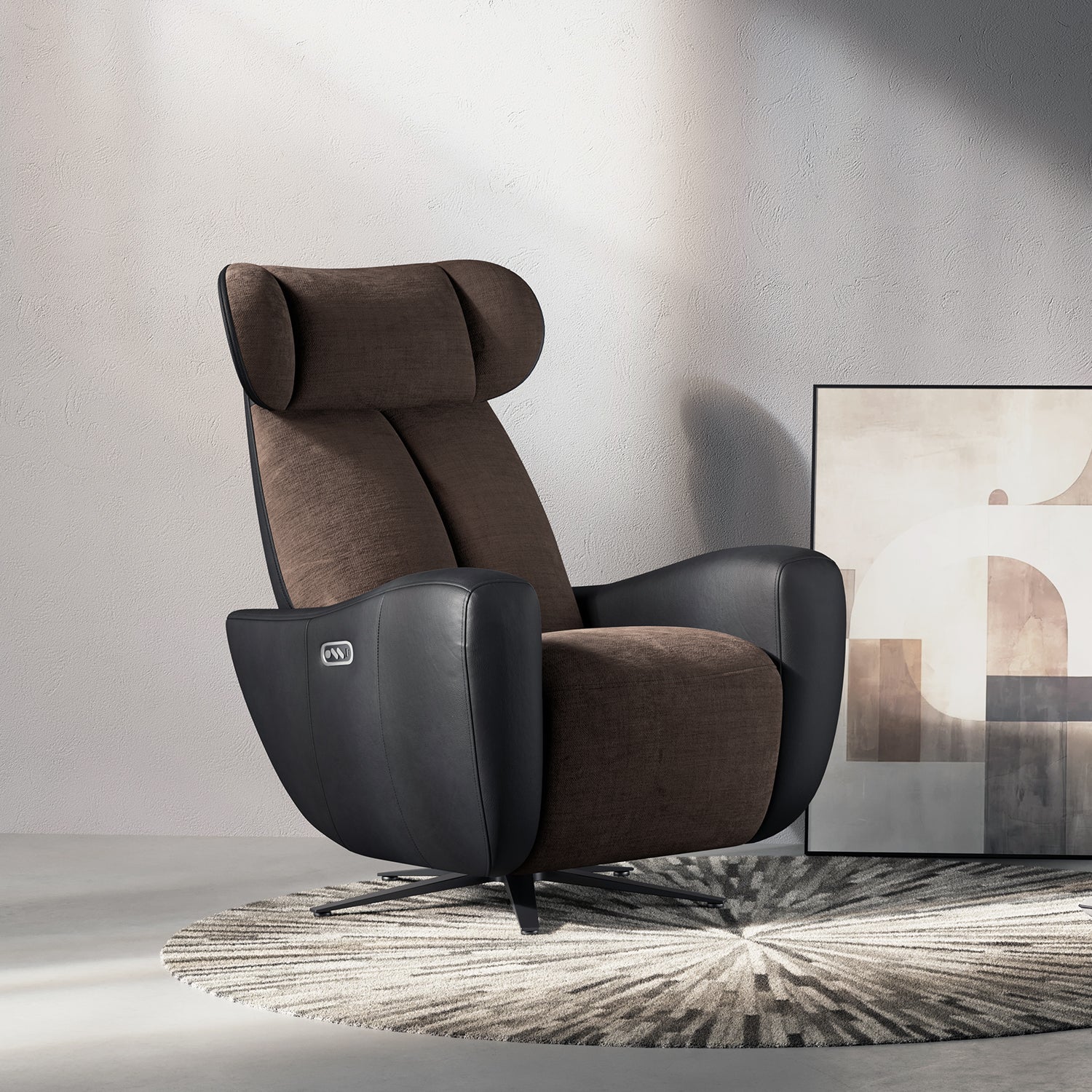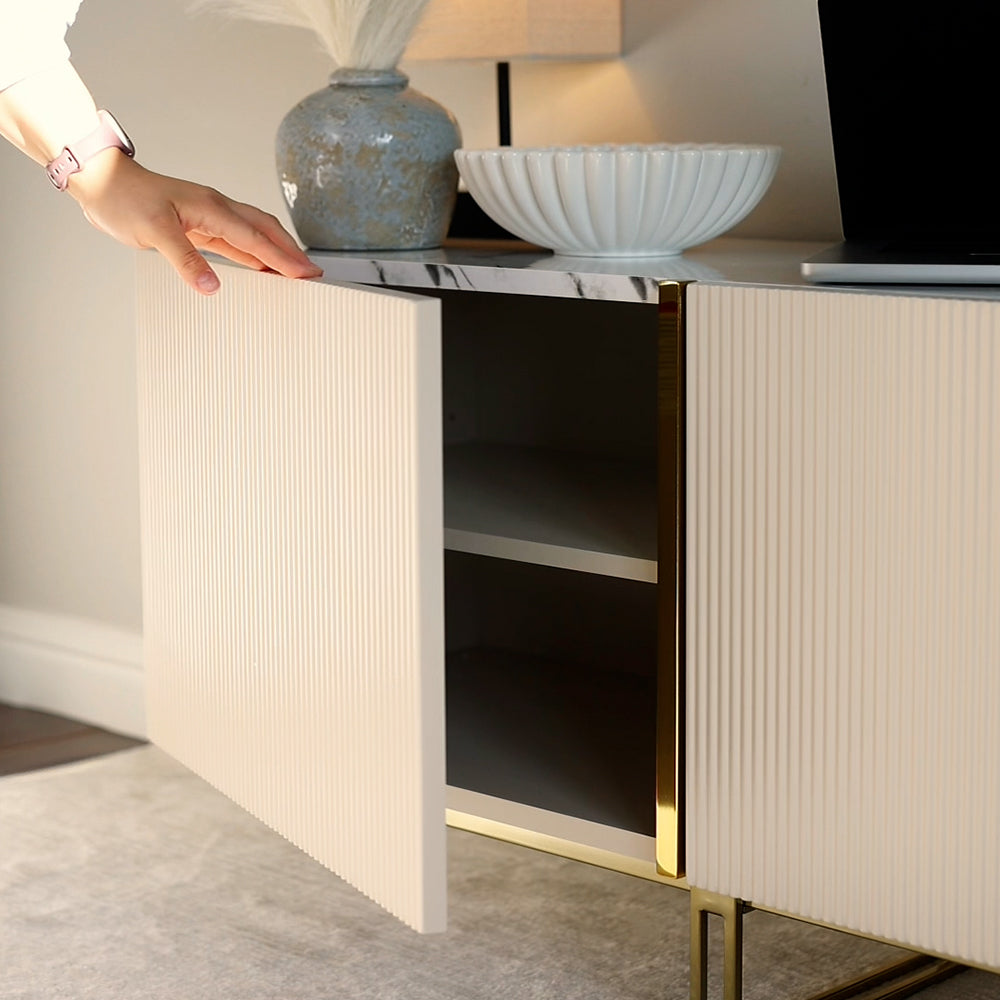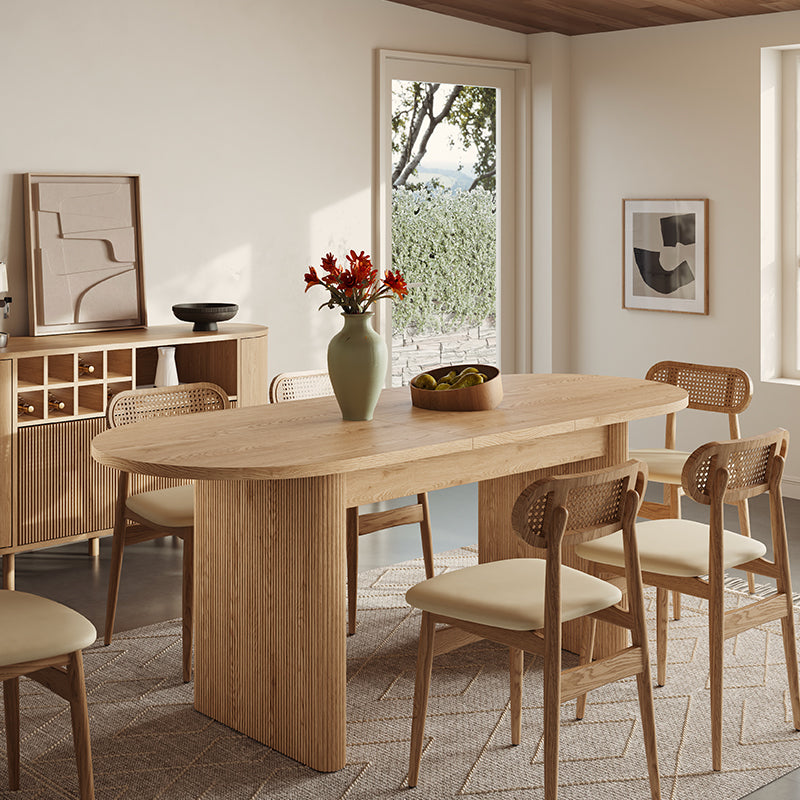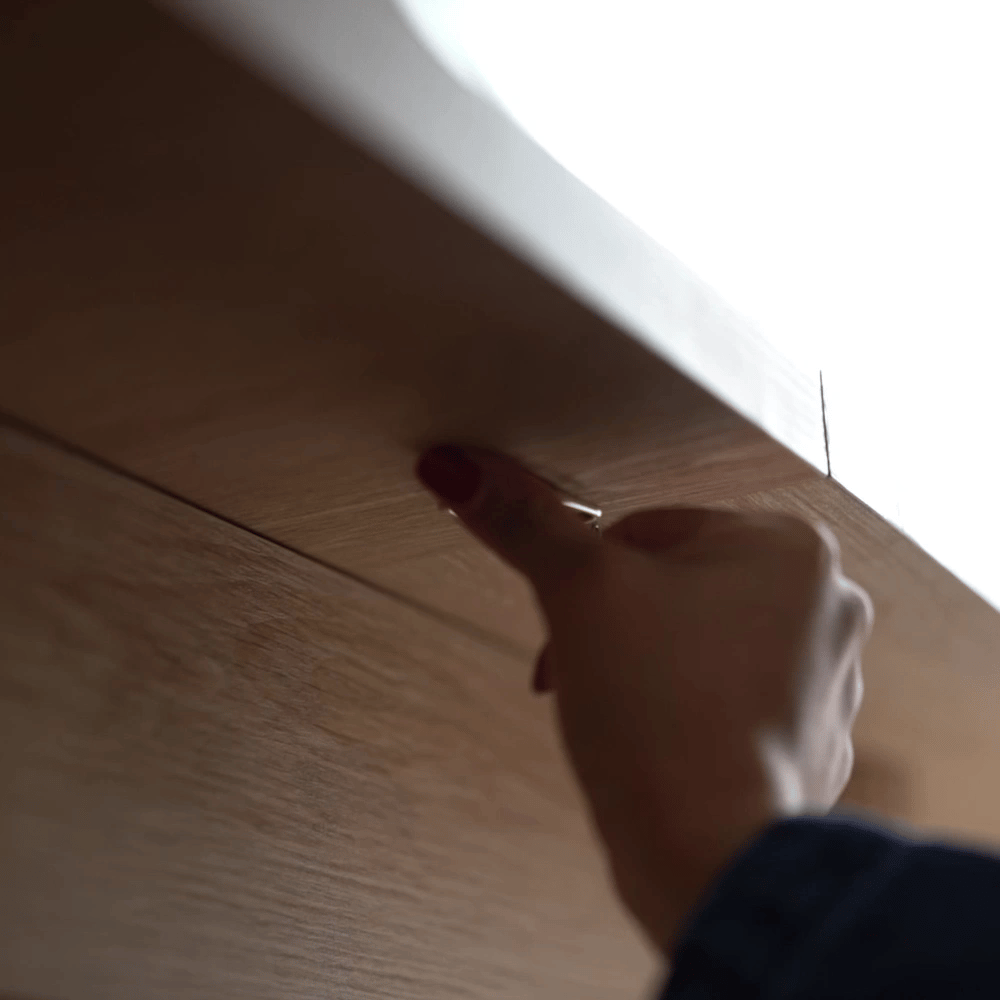Over time, even the most well-crafted wooden sofas can lose their luster. The once polished wood may look weathered, the upholstery may become worn, and the overall appeal of the piece may seem diminished. However, with a little effort and creativity, you can make an old wooden sofa look as good as new. Whether it's a family heirloom, a thrift store find, or simply an old piece you want to refresh, restoring its beauty is entirely possible. In this article, we’ll walk you through various methods to breathe new life into your old wooden sofa, covering everything from restoring the wood to updating the cushions and upholstery.
Table of Content
1. Start with Cleaning the Wooden Frame
The first step in restoring your wooden sofa is giving it a thorough cleaning. Dust, dirt, and grime accumulate over time, dulling the wood’s finish. A proper cleaning will not only restore some of the wood’s natural shine but also prepare the surface for any further refinishing or treatment.
- Dust and Wipe Down:
Use a soft microfiber cloth to wipe down the wooden frame, paying particular attention to nooks and crannies where dust can accumulate. For harder-to-reach areas, consider using a soft brush or compressed air to remove dust.
- Clean the Surface:
For a deeper clean, mix a gentle solution of warm water and a few drops of mild dish soap. Dampen a cloth with this mixture and wipe down the wood, then dry it with a clean, dry cloth. Avoid soaking the wood or using harsh chemicals, as this can damage the finish.
- Remove Grease and Sticky Residue:
If your sofa frame has accumulated sticky residue (from food, drinks, or dust buildup), apply a mixture of equal parts vinegar and water or use a commercial wood cleaner to gently lift the residue. Always test on an inconspicuous area first to ensure it doesn’t damage the finish.

2. Sand and Refinish the Wood
If the wooden frame is scratched, stained, or faded, sanding and refinishing can help restore its original beauty. Refinishing gives the wood a new lease on life, enhancing its natural grain and giving it a fresh, polished appearance.
- Sand the Surface:
Begin by lightly sanding the wooden frame with a fine-grit sandpaper (such as 220-grit) to smooth out any rough spots, scratches, or stains. Sand with the grain of the wood, and be careful not to over-sand, as this can damage the wood.
- Fill in Any Gaps or Holes:
If there are deep scratches or holes in the wood, you can use a wood filler to fill them in. Apply the filler with a putty knife, smooth it out, and let it dry before sanding it smooth.
- Stain or Paint the Wood:
After sanding, you have the option to stain or paint the wood, depending on the look you’re going for. Choose a wood stain that enhances the natural grain or a paint color that matches your decor. Apply the stain or paint evenly, following the manufacturer’s instructions. Typically, you'll need to apply several coats, allowing each one to dry before applying the next.
- Seal the Wood:
Once the stain or paint has dried, apply a protective wood finish, such as a polyurethane or lacquer, to seal and protect the wood. This will help maintain the color and prevent further damage from moisture, dirt, or general wear.
3. Update the Upholstery
The next step in making your old wooden sofa look new is updating the upholstery. Whether the fabric is worn, faded, or just no longer matches your style, reupholstering the cushions can completely transform the piece.
- Remove the Old Upholstery:
Carefully remove the old fabric from the sofa cushions. You may need to use a staple remover or pliers to remove any staples or nails holding the fabric in place. If the fabric is in decent condition, you can use it as a template for the new fabric.
- Repair the Cushions:
If the cushions are sagging or the padding is thin, you may want to replace the foam or add new stuffing. High-density foam is a good choice for seat cushions as it provides support and durability. If you're unsure about how to replace the foam, a professional upholsterer can assist with this step.
- Choose New Fabric:
Choose a fabric that complements the wooden frame and matches your desired aesthetic. Consider a durable, easy-to-clean fabric like canvas, denim, velvet, or leather, depending on your style and lifestyle. If the sofa will be in a high-traffic area or you have pets or children, opt for stain-resistant and durable materials.
- Reupholster the Cushions:
Once you have your fabric, cut it to size using the old upholstery as a template. Stretch the fabric over the cushions, and staple it tightly into place, ensuring the fabric is smooth and taut. You can also add piping or trim around the edges for a more professional finish.
4. Reassemble the Sofa
Once you've completed the wood restoration and reupholstered the cushions, it’s time to reassemble your sofa. Reattach the cushions to the frame, ensuring they are secure and fit comfortably. If the sofa has detachable backrests, arms, or legs, reassemble these parts carefully, ensuring everything is tight and properly aligned.
If necessary, use wood glue or screws to re-secure any loose or wobbly parts of the frame. Tightening loose screws or joints can help improve the overall stability of the sofa.
5. Add Decorative Touches
To complete the transformation, add some decorative touches that will give your sofa an updated and stylish look. New cushions, throw blankets, or slipcovers can enhance the appearance of the sofa and complement your home’s decor.
- Throw Pillows:
Add colorful or patterned throw pillows to bring personality and texture to the sofa. Choose pillows that complement the upholstery and wood finish to create a balanced, cohesive look.
- Slipcovers:
If you don’t want to reupholster the entire sofa, consider using a slipcover to cover the cushions or even the entire piece. Slipcovers are an easy way to refresh the sofa's look without the need for sewing or extensive work.
- Rugs and Accessories:
Pair your refreshed sofa with a new rug or accessories, like lamps or artwork, to tie the room together and make the sofa the centerpiece of your space.

6. Maintain Your Wooden Sofa
After restoring your old wooden sofa, it’s important to maintain it properly to keep it looking new for years to come. Regular maintenance will protect both the wooden frame and upholstery.
- Regular Cleaning:
Dust the wooden frame and vacuum the cushions regularly to keep them clean. Use a microfiber cloth to polish the wood and prevent dirt buildup.
- Upholstery Care:
For fabric upholstery, follow care instructions to keep it clean and fresh. For leather, use a leather conditioner to prevent drying and cracking.
- Protect from Sunlight:
Keep your sofa out of direct sunlight to prevent the wood from fading and the upholstery from deteriorating. Consider using window treatments like curtains or blinds to control the amount of sunlight.
Conclusion
Making an old wooden sofa look new requires a combination of cleaning, repairing, and reupholstering, but the results are well worth the effort. Whether you choose to sand and refinish the wood, update the cushions, or simply add decorative touches, you can restore your sofa to its former glory and give it a fresh, modern look. With a little time and creativity, your old wooden sofa can once again become a beautiful and functional piece of furniture that enhances your home.
Choosing the best carpet color for a brown sofa involves considering the shade of the sofa, your room's style, and your personal preferences. Whether you opt for soft neutrals, bold jewel tones, or warm earth tones, the right carpet can enhance the beauty of your living space while providing a cozy, inviting atmosphere.
Remember to take into account the size of your room, natural light, and existing decor elements when making your decision. With careful consideration and creativity, you can create a harmonious and stylish environment that showcases your brown sofa beautifully.

